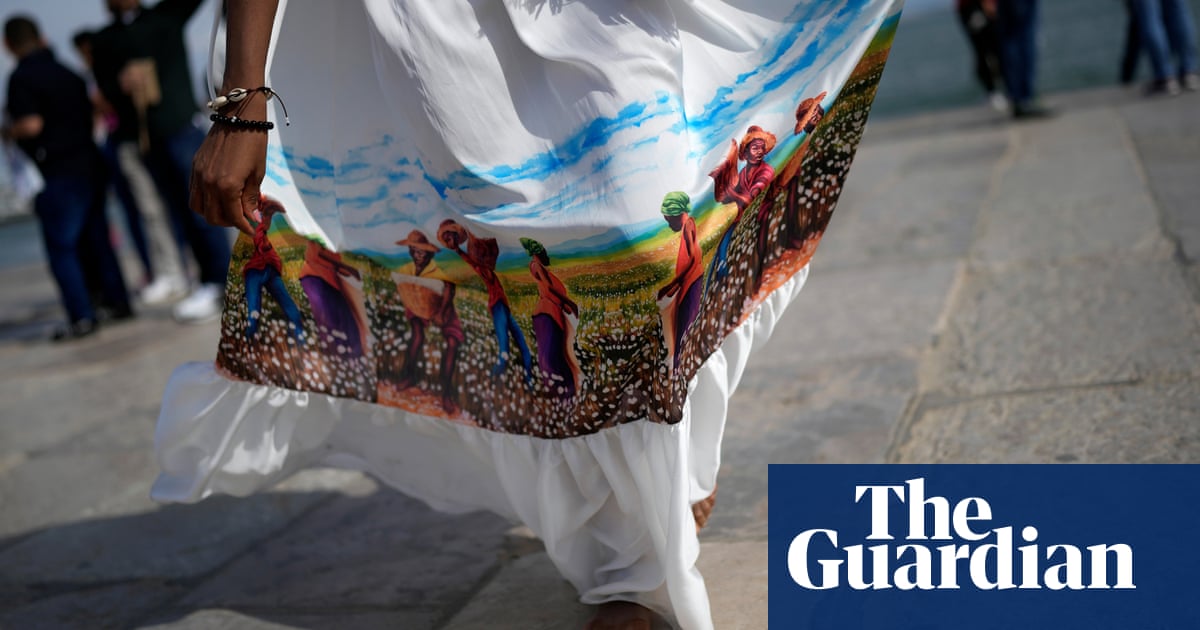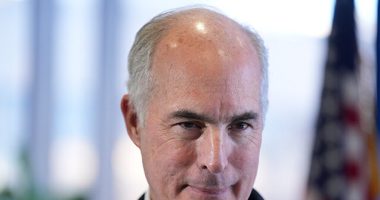
Portugal needs to “pay the costs” of slavery and other colonial-era crimes, the country’s president has said, in a rare instance of a European leader seemingly backing the need for reparations.
Portugal has long grappled with calls by campaigners to address its legacy as the European country with the longest historical involvement in the slave trade. During the span of four centuries, nearly 6 million Africans were kidnapped and forcibly transported across the Atlantic by Portuguese vessels.
Those who managed to survive the voyage were enslaved and forced to toil on plantations in the Americas, mostly in Brazil, while Portugal and its institutions profited from their labour.
The country’s president, Marcelo Rebelo de Sousa, said at an event with foreign journalists on Tuesday that Portugal “takes full responsibility” for the wrongs of the past and that those crimes, including colonial massacres, had “costs”.
“We have to pay the costs,” he said. “Are there actions that were not punished and those responsible were not arrested? Are there goods that were looted and not returned? Let’s see how we can repair this.”
The remarks came one year after Rebelo de Sousa said Portugal should apologise and “assume responsibility” for its role in the transatlantic slave trade, though he stopped short of providing any concrete details or a full apology.
In both instances, the president’s remarks were made primarily to international audiences, said Paula Cardoso, the founder of the Afrolink online platform for Black professionals in Portugal.
“Behind this international strategy is the lack of national recognition that this topic should be discussed,” Cardoso said in an email. “Kids are still learning at schools that Portugal was an excellent coloniser, that the country ‘discovered’ other countries, and that Portuguese people are so unique that they mixed with different cultures as if no violations occurred.”
She agreed on the need for reparations, arguing that Portugal must pay the costs of “being the creator of the transatlantic slave trade, of a culture of dehumanisation of Black bodies”.
She said practical actions to fight the systemic and structural racism that arose from this and that continued to colour the country today were also needed.
“We don’t even collect data on ethnicity to start with,” said Cardoso. “We are not even discussing the past, accepting that we must confront different historical narratives to consider the negative impact of the so-called Discoveries Age. So, how is Portugal taking full responsibility?”
The Portuguese president’s remarks come after the United Nations human rights chief added his voice to the African and Caribbean countries calling for amends to be made over slavery and colonisation.
after newsletter promotion
“On reparations, we must finally enter a new era,” the high commissioner for human rights, Volker Türk, said last week at a UN forum on people of African descent. “Governments must step up to show true leadership with genuine commitments to move swiftly from words to action that will adequately address the wrongs of the past.”
Between the 15th and 19th centuries, at least 12.5 million Africans were kidnapped into slavery and forcibly transported long distances by mainly European ships and merchants.
European leaders for the most part have sought to steer clear of meaningfully addressing the call for reparations. When the government of the Netherlands apologised for its role in the transatlantic slave trade in 2022, it said a €200m (£172m) fund to address this past would not be used to compensate descendants but instead spent on initiatives such as education and addressing the present-day impacts of slavery. Germany has been chastised for excluding the ethnic minorities who were murdered by the tens of thousands from talks over reparations.
Speaking to reporters on Tuesday, Rebelo de Sousa said he believed that acknowledging the past and taking responsibility for it was more important than apologising. “Apologising is the easy part,” he said.
Additional reporting by Reuters
Read More: World News | Entertainment News | Celeb News
Guardian








